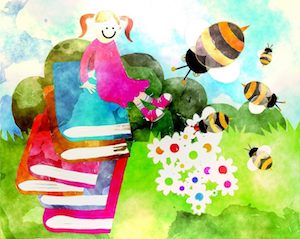
…magic and awe, feasting and fulfillment. Our hopes and expectations automatically highlight any lack there may be. With years, these losses accumulate. Warm childhood memories of celebration and connectedness are…

…a central conclusion of everything developmental science can teach us: Children are not born “adult-ish.” They cannot learn adultish-ness. Mature experience and acting cannot be enforced. Narrow act-as-if-mature behaviour traits…

…and playing. When we communicate information to a child that might alarm them it is best to do this in a matter of fact and non-alarming tone and manner. For…

…alarming feelings, fueling nightmares, and obsessions and phobias and all manner of anxiety-driven behaviour. Again, this is daunting enough when anticipated, but can often overwhelm when caught by surprise. Alarming…

…According to Thomas Boyce at the University of California, these ‘orchid’ children are neurobiologically distinct and possess an enhanced receptivity to their environment based on genotypical differences. [i] They are…

…when teachers are faced with an unruly and difficult-to-manage group of students they want to find an effective and fast-acting solution. After all, if students constantly interrupt, don’t follow directions,…

There is a plethora of advice these days emerging on HOW to turn one’s home into a school. The underlying assumption is that it is indeed in a child’s best…

…our power to parent. Being aware of these phenomena can help us act proactively and seek alternatives, such building a village of attachment through building a community where children and…


